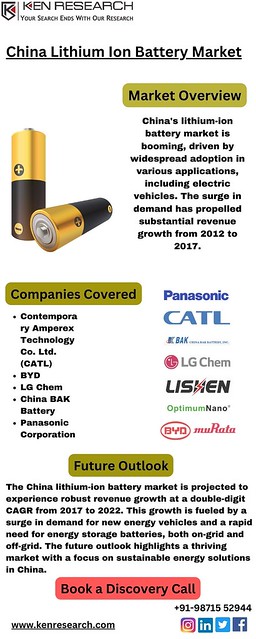Title: Lithium Ion Battery: The Future of High-energy Density Rechargeable Batteries
Lithium Ion Battery, also known as Li-ion battery, is a type of secondary battery widely used in various applications. With its high-energy densi

ty and rechargeable capabilities, it has become the preferred choice for many electronic devices and distributed energy storage systems.
Manuf distributed energy storage system acturing Process:
The manufacturing process of Lithium Ion Batteries involves several key steps. It starts with the preparation of electrode materials, where lithium salts are mixed with metal oxide or graphite powders to form cathode and anode materials. These materials are then coated onto a metallic current coll Secondary battery ector and dried before being assembled into cells. The cells are sealed in a casing comprising electrolytes that facilitate ion movement during charging/discharging cycles.
Characteristics:
Lithium Ion Batteries offer numerous advantages over other types of batteries. Firstly, they have a high-energy density, meaning they can store more energy per unit weight or volume than traditional lead-acid batteries or nickel- Li-ion battery cadmium batteries. This makes them ideal for portable electronic devices like smartphones and laptops which require long-lasting power in compact sizes.
Advantages:
One significant advantage of Lithium Ion Batteries is th solar inverter with battery eir ability to be recharged multiple times without experiencing any memory effect—a common issue faced by older battery technologies such as Ni-Cd batteries. Additionally, Li-ion batteries have low self-discharge rates compared to other rechargea lithium battery ble batteries, allowing them to retain charge for extended periods when not in use.
Usage:
These versatile batteries find applications across various industries such as automotive (electric vehicles), renewable energy (solar inverters with battery storage), electronics (smartwatches), aerospace (satellites), and more.
In solar installations, lithium-ion accumulators are often integrated wit Lithium Ion Battery h solar inverters to create efficient off-grid solutions that harness sunlight during the day while storing excess energy for nighttime use.
Choosing the Right Lithium-Ion Battery:
When selecting a Lithium Ion Battery, it’s essential to consider factors such as desired capacity, voltage requ Accumulator irements, and application-specific needs. It is crucial to choose batteries from reputable manufacturers with a proven track record of quality and reliability.
Conclusion:
Lithium Ion Batteries have revolutionized the world of energy storage due to their superior characteristics and versatil Lithium Ion Battery e applications. Their high-energy density, rechargeability, long-lasting power, and compatibility with various devices make them an ideal choice for today’s demanding energy requirements. As technology continues to advance, we can expect further improvements in lithium-ion battery techn Lithium Ion Battery ology leading to even more efficient and sustainable solutions for our evolving energy needs.


